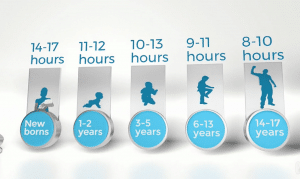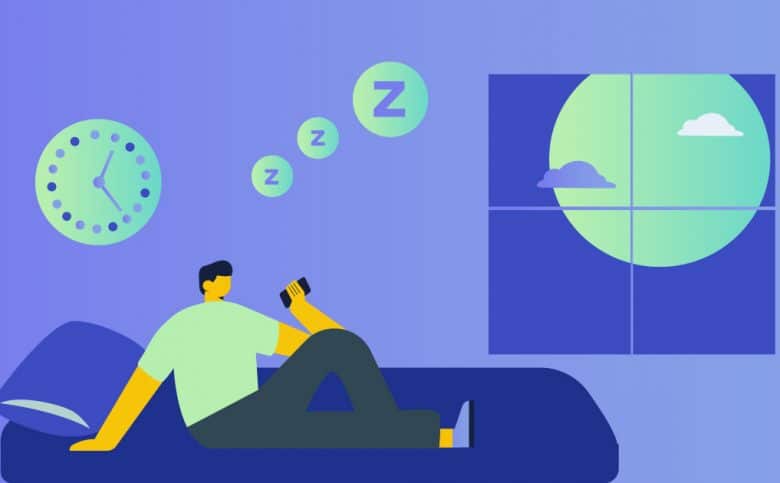By Shaun Major-Preece
Director of Professions & Advanced Nurse Practitioner, OneMedical Group
The last decade has seen us evolve to a 24-hour society from a 12-to-14-hour society. Lack of sleep affects personal social relationships, work output, productivity and overall decision-making. Factors including our use of technology and anxiety relating to COVID-19 can affect our sleep quality. The change from routine nine-to-five jobs to 24/7 work patterns has shifted our sleep. Social media screen time and the changing way we maintain our networks also affect our sleep. These new patterns can prevent us from functioning optimally day-to-day.
With the current coronavirus disease (COVID-19) pandemic, one of the recommendations by experts is social distancing and self-isolation when you experience symptoms. With the increase in travel restrictions and staying home, this is a good time to catch up on all the sleep lost as a result of our busy lifestyles.
We spend a third of our lives sleeping and sleep is meant to be good for us, but sleep disorders put our safety at risk, affect mental well-being and cost economies in lost productivity and healthcare.
So how much sleep do we need?

As you grow older, the amount of recommended sleep begins to decrease. Good quality, restorative sleep is essential for day-to-day functioning. Studies suggest that sleep quality rather than quantity has a greater impact on quality of life and daytime functioning. according to one study, 35% of people feel they do not get enough sleep, impacting both their physical and mental health. Insomnia affects between 30-45% of the adult population.
Sleep and COVID-19 anxiety
Sleep disorders cause significant individual and societal burdens and form a serious public health problem. Many people find falling asleep difficult thanks to staying up on their gadgets; in other cases, there is a challenge maintaining sleep. Screens, digital technology and the need to be connected electronically 24/7 cost many people to sleep 2-3 hours less than the minimum required amount.
COVID-19 and anxiety surrounding it can have a negative impact on an individual’s sleep pattern. The constant refreshing of social feeds contributes to a disturbed sleep pattern, worsening our ability to cope with this anxiety.
Screen time affects your brains circadian rhythm. The blue light on your phone lowers your sleep hormone called melatonin which instructs your brain to be wakeful at night. According to sleep specialists, this leads to a late body clock because the release of melatonin lags behind, leading to delayed sleep phasing and a form of social jet lag. This has a direct effect on an individual’s mood, behaviour, memory and learning abilities. It affects a lot of body systems including weakening the immune system.
Can we retrain our brains to get to sleep earlier?
We can recondition our circadian rhythm to identify a sleep cue that the brain sees as a trigger for the initiation of sleep. As we adhere to the expert advice of social isolation, we can utilise this time to recondition our sleep patterns which will help improve recovery. Practising what medical professionals call “sleep hygiene” can help too. This recommends basic steps that act as a pre-bedtime routine to help recondition your brain to improve the quality and quantity of sleep. The routines are easy to implement and if done on a daily recurrent cycle can help improve ones sleep quality and quantity.
Sleep: A pillar of health
World Sleep Day on 13th March 2020 highlighted sleep’s importance as a pillar of health, allowing for better decision making and cognitive understanding in even big issues, such as our planet. This focus is purposefully broad in meaning, surrounding the message that quality of life can be improved with healthy sleep. Conversely, when sleep fails, health declines, decreasing quality of life.
Top tips for a good night’s sleep
- Fix a bedtime and a waking time
- If you are in the habit of taking siestas, do not exceed 45 minutes of daytime sleep
- Avoid excessive alcohol ingestion four hours before bedtime and do not smoke
- Avoid caffeine six hours before bedtime. This includes coffee, tea and many soft drinks, as well as chocolate
- Avoid heavy, spicy, or sugary foods four hours before bedtime. A light snack before bed is acceptable
- Exercise regularly, but not right before bed
- Use comfortable bedding
- Find a comfortable temperature setting for sleeping and keep the room well ventilated
- Block out all distracting noise and eliminate as much light as possible
- Reserve the bed for sleep and sex. Don’t use the bed as an office, workroom or recreation room
- Get some outside light exposure for 20 minutes a day around 8am to 10am to start your circadian rhythm








